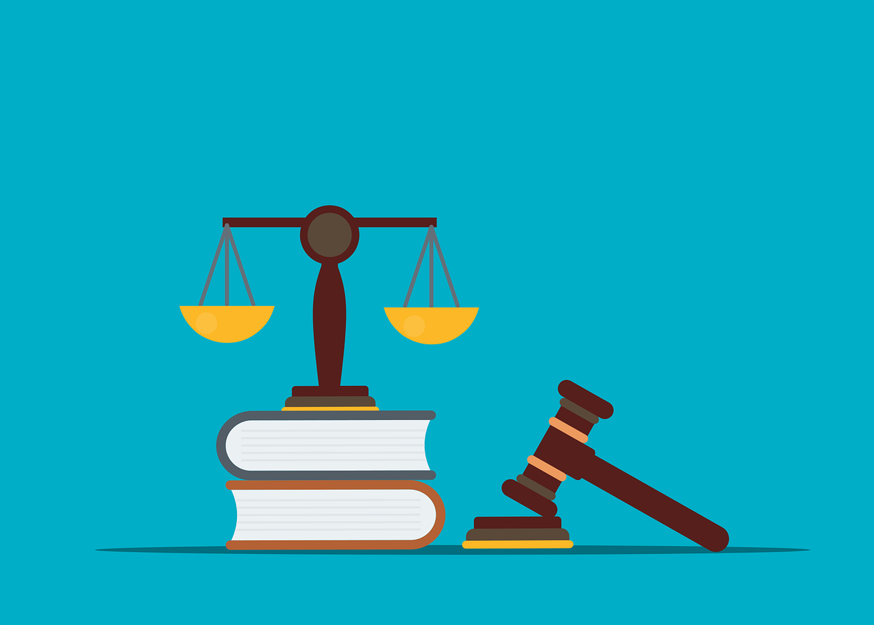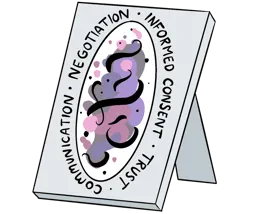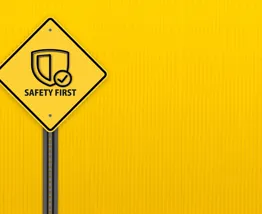Enrol in an online course today for flexible, self-paced learning—no fixed schedule required. Plus, enjoy lifetime access to course materials for convenient revisiting.
Pre-Trial Therapy: Understanding the Revised Guidelines

The intersection of the criminal justice system with the mental health system has long presented challenges to therapists and clients.
For therapists, the context of a person’s presenting concerns and the impact of our professional roles outside of appointments are made tangibly real. For clients, there can be many more systemic gaps through which to fall, at an extremely stressful time.
The Crown Prosecution Service (CPS) guidelines on pre-trial therapy have this challenging history. Despite recent revisions making some positive changes for victims of crimes, the 20-year legacy of impinging upon therapeutic service delivery is likely to continue.
The guidelines are applicable to any victim of any crime with an active report, investigation or trial who is accessing therapy. Unfortunately, they seem to be disproportionately applied to survivors of sexual and domestic violence.
A recent report by the Information Commissioner’s Office (ICO) into the processing of victims’ personal data in rape and serious sexual offence investigations finds that victims are ‘being treated as suspects’, with ‘people feeling re-victimised by a system they are entitled to expect support from’. The report states that excessive and intrusive requests for evidence in rape cases include the demand for therapy notes.
The revised guidelines mark the removal of a key clause stating that a victim cannot discuss details of their case (their account of what happened) in therapy, as this is their oral evidence – which must be protected. Attendant concerns about therapists potentially jeopardising the consistency of a victim’s account were suggested by references to false memories, fantasies, and coaching.
In the past, this led to survivors:
- Refusing therapy because they couldn’t speak freely
- Being offered structured and time-limited work to restrict recall
- Or being forced to withdraw their complaint in order to access therapy as they would expect to
Remaining within the revised guidelines are details on how therapists should manage requests for therapy notes by the police, CPS, and judges. Whilst this should only occur as a ‘reasonable line of enquiry’ rather than speculatively, history tells us that in practice this is not the case.
The revised guidelines make it harder to provide clients with a choice on whether notes can be released when requested. It also seems that therapists are likely to be called to court as a witness if a survivor made a first disclosure during an appointment.
I maintain that notes should primarily be written for clinical, not criminal, purposes. Whilst our notes can support a conviction along with other evidence if they are found to corroborate with a victim’s account, the wording of legal guidance illuminates the re-traumatising experience of survivors trying to be believed within societal systems.
To explain: therapy notes can be shared with the defence and used in criminal proceedings ‘if they contain material capable of undermining the prosecution’s case or assisting the defence case’. That is, if they render a victim’s account as inconsistent or support the perpetrator’s account of what happened. If we work under the guidelines, we risk becoming part of a process that discounts or devalues our client’s truth.
The more pressing question the CPS guidelines raise is whether therapy notes should be used at all. What is discussed in therapy appointments is nothing like the interviews nor cross-examinations made by legal professionals. Whilst the revised CPS guidelines acknowledges this, there is nevertheless a strong emphasis on therapists providing notes and potentially appearing in court as witnesses.
We do not gather evidence in order to assess validity, but rather start from believing a survivor’s account simply because it is being spoken (sometimes for the first time ever). Effective therapy with survivors requires a sense of trust and safety. The intersection of the criminal justice and mental health systems – as solidified in the revised CPS guidelines – means that, ultimately, survivors accessing therapy are not guaranteed the essential confidentiality needed to recover from trauma.
















